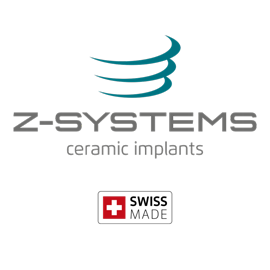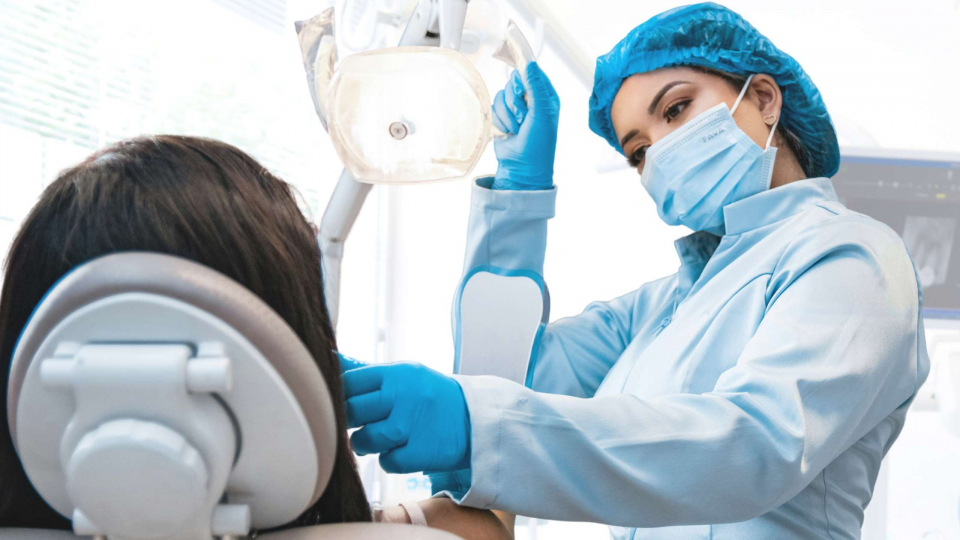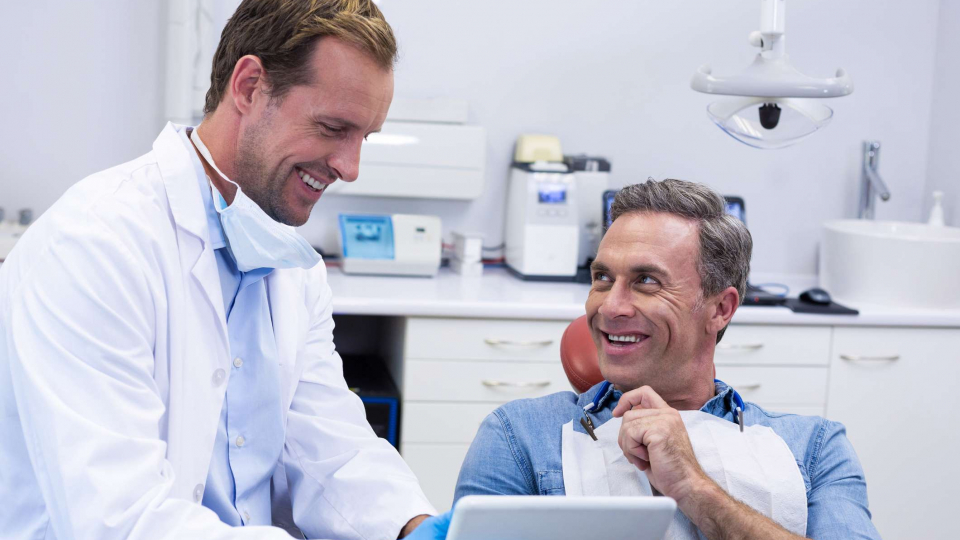Have you ever known this guy before???
-Rarely flosses
-Never brushes post-lunch
-Once went 3 years without seeing a dentist
-Never had a cavity
-Gets mistaken for Zac Efron
What’s the deal with this guy? Does he just have good genes? Is it stupid luck?
Absolutely not. (maybe the Zac Efron part)
The truth is, that while brushing, flossing, and regularly seeing a dentist are all important pieces of the oral health puzzle - they’re not the most important piece.
It’s likely your teen heartthrob friend is simply eating the foods his teeth need to stay healthy.
I’m not telling you to stop brushing your teeth or seeing your dentist, but I am telling you that if you get the nutrition piece of the puzzle wrong, your oral care routine can’t save you.
The Battlefield
On one side, we have bacteria and acid, constantly breaking your teeth down. They’re the bad guys.
As they continually pummel your teeth, a hero called dentin races against the clock to save them.
Dentin gathers a team of vitamins together and rushes them to your teeth through its dentibule transport system. Once your teeth have received the vitamins they need, they regenerate themselves - forcing the bad guys to completely start their assault over.
But if your dentin can’t assemble the entire team in time, your teeth start to lose the battle. The bad guys get too many hits in and they regenerate weaker than before.
What’s worse is that your teeth aren’t as quick to heal as soft organs, like your skin and liver. Meaning, once the bad guys start to win, it’s difficult to reverse the trend.
But it CAN be done. Let’s look at the 4 most important vitamins your teeth need to take back the city.
Vitamin D
Vitamin D is the A player. It’s the Mighty Ducks’ Charlie Conway, The Average Joes’ Peter LaFleur. It keeps bones throughout your body strong, including of course, your teeth.
You see, there’s a little immune system within our bones and teeth called odontoblasts, which need Vitamin D to be activated. Without it, odontoblasts can’t do their one job - protect your teeth.
The best way to get Vitamin D is actually sunshine. While some authorities recommend at least 10-30 minutes of unprotected sun exposure a day, some recommend as much as 2 hours, depending on your skin tone.
After making sure to get out in the sun, you can add fatty fish, mushrooms, and grass-fed dairy products to your diet to bring the whole thing home.
Vitamin A
Vitamin A, among other things, helps produce saliva which washes a ton of bacteria away out of the gate.
If Vitamin A can’t properly do its job and enough saliva isn’t produced, excess bacteria starts feasting on your enamel, leaving your teeth exposed to much bigger problems.
Some good sources of Vitamin A are fish, milk, and eggs.
Vitamin K2
Vitamin K2 is like a traffic cop at a super important intersection. We need lots of calcium to have healthy teeth and K2 is the one that intercepts it and directs it straight to our teeth.
If you have a K2 deficiency, however, calcium gets off on the wrong exit and never makes it there. Instead it heads to places where it actually causes damage, like your arteries and kidneys.
Good sources of Vitamin K2 are hard and soft cheeses, eggs, butter, liver, and salami.
Vitamin E
Vitamin E is an antioxidant that helps your body’s immune system fight bacteria and viruses within your mouth’s larger ecosystem.
Without it, bacteria grows and viruses spread, causing problems not only in your mouth, but throughout your entire body.
Good sources of vitamin E are spinach, broccoli, and nuts.
What to do now
First and foremost, if you’re not getting all of these vitamins today, add foods into your diet that will get you the entire lineup.
Next, limit sugar. It’s hard in our culture to completely cut out sugar, but only take in small amounts and make sure to eat enough of the good stuff to counteract its effects.
Last, make sure to consult with a dentist who understands the impact of diet on your oral health.
Dentists with this type of focus usually practice a form of holistic or biologic dentistry.
Dr. Mike Schecter, owner of Schecter Dentistry in Toronto, works closely with a team of trained osteopaths, naturopathic doctors and homeopaths to put together individualized treatment plans for each patient. He says of this type of approach:
“There is tremendous collaboration between our immune, digestive, cardiovascular, neural, and skeletal systems. We have realized success treating dental symptoms with systemic modalities… The multidisciplinary approach to health is the proven effective approach to consistent, dependable health.”
If you need an expert to get to the root cause of your tooth decay and help set you up for fantastic oral and whole-body health, schedule an appointment with one of our physicians today.






